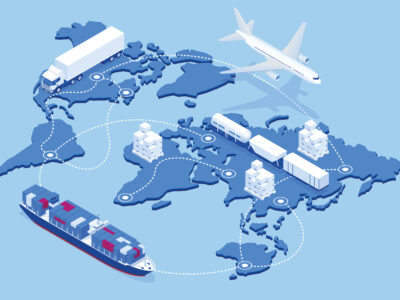There are numerous factors that affect the internet speeds you receive, one of which is your choice of provider. However, there are many other factors to take into consideration as well, such as the type of connection you are using, the plan you are on, and the equipment you are using.
Your Provider
When it comes to the connection speeds you receive, one of the main affecting factors is your provider. Your provider will have certain network capabilities and network reach, with some providers offering much faster speeds in some areas than others.
If you want to make sure you get the fastest possible speeds, compare providers to find out what they offer in your area. Bear in mind that the speeds they advertise may not be the speeds you actually receive. You can learn more about the NBN rollout at the iiNet website & find out when it will be available in your area.
Type of Connection
The speeds you receive will also depend on the type of connection you are using. Many people discuss the pros and cons of ADSL vs. cable, while some users swear by their mobile connection.
ADSL
ADSL (asymmetric digital subscriber line) uses the copper wiring in telephone lines to deliver internet access to your home or business. While you can bundle phone and internet packages together to save money, you can also choose an internet-only package.
Unlike earlier dial-up systems – which also used phone lines – you can connect to the internet while using the phone. ADSL is also much faster than dial-up.
It’s worth bearing in mind that speeds on ADSL are affected by the distance between the user and the exchange. The further the user is from the exchange, the slower the connection will be. In fact, users too far from an exchange cannot get ADSL access.

Cable
Cable internet uses the same coaxial cable as cable TV. Again, cable internet users can choose to take up cable TV and internet, or they can opt for internet only. Cable internet usually has much higher advertised speeds than ADSL, but the speeds received can vary significantly.
Cable users access their internet via a network shared by other users in the neighbourhood. That means if other users are connecting to data-heavy applications, such as online gaming, video conferencing or streaming, the network can slow down noticeably.
Mobile Broadband
Mobile broadband is another connection choice, generally accessed via smartphones and tablets. 4G connections can be very fast, but where 4G isn’t available, 3G is certainly usable. The speeds received on mobile broadband vary widely according to providers and network usage. More users on the network means slower internet for everyone.
Your Plan
The plan you are on may also affect the speeds you receive. Some providers charge less for slower connections, and more for faster connections. Think about what speeds you want to achieve, and what you need for your type of usage, and choose a plan that suits.
Your Equipment
The equipment you use to connect is also a significant factor. Older equipment may not have the capability to take advantage of faster internet speeds, while wireless connections may also cause slowdowns. If you want to get the fastest possible speeds, you may need to adjust some settings, or if you’re willing to pay more money, you can buy new equipment.










Comments